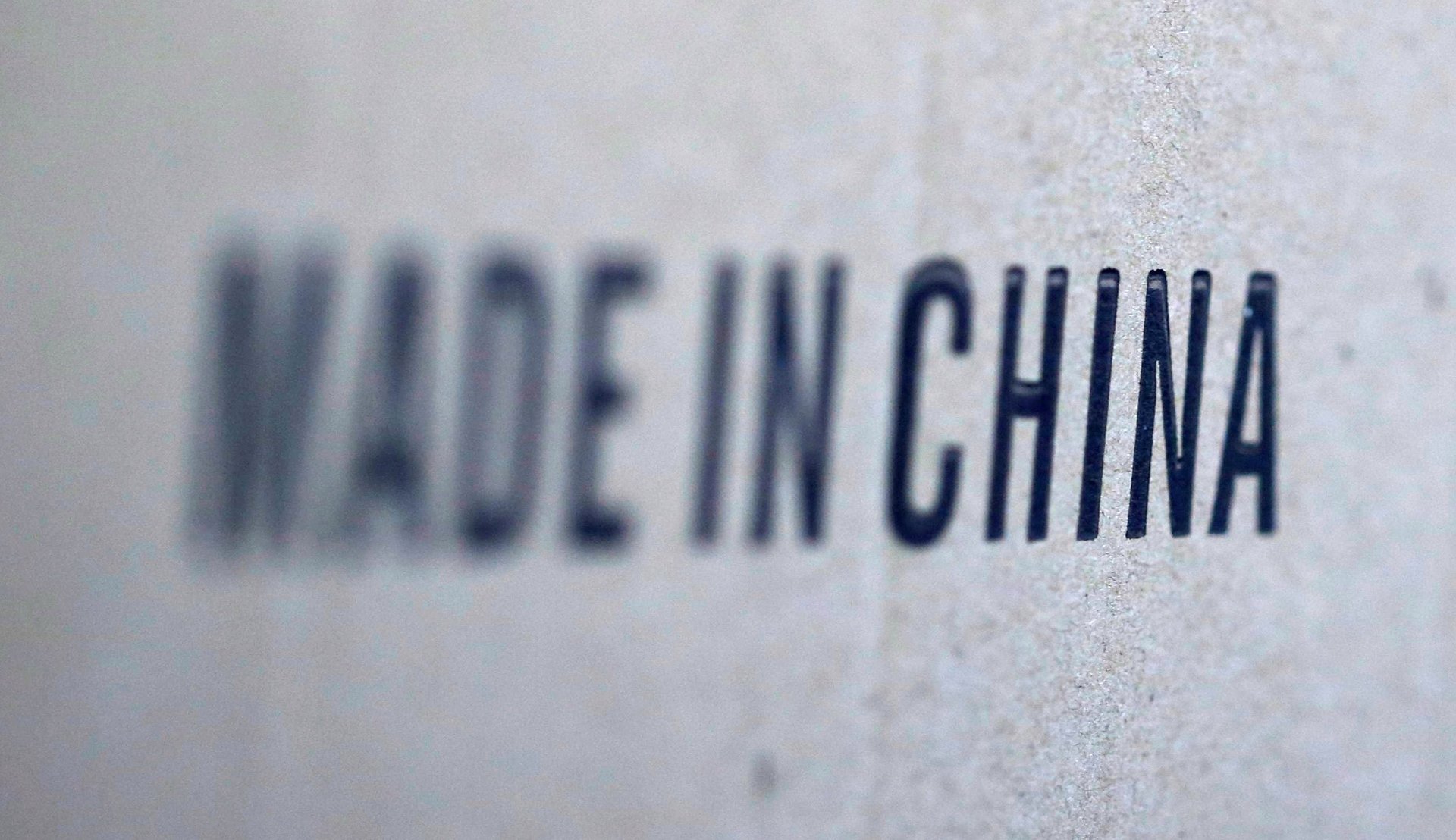One of China’s trade-war PR strategies: Be more humble
This week, the US and China will impose tariffs on another $16 billion in goods each, taking the total affected so far to $50 billion. The US will also hear from companies and people that stand to be affected by tariffs it’s considering imposing on another $200 billion in goods.


This week, the US and China will impose tariffs on another $16 billion in goods each, taking the total affected so far to $50 billion. The US will also hear from companies and people that stand to be affected by tariffs it’s considering imposing on another $200 billion in goods.
China has at times misread the US—for example, declaring the trade war averted after one round of talks with US officials—and the country is still trying to understand what’s driving Donald Trump’s wrath. Apart, that is, from China’s enjoying structural economic factors that have made it far more competitive at manufacturing.
Reports following a secretive annual summer huddle (paywall) of China’s political elite at a seaside resort town—so secretive it’s unclear when the summit begins or ends—suggested one strand of thinking that has emerged: China under Xi Jinping has been too showy (paywall), and has moved away from its longstanding philosophy of “hide your strength, bide your time.”
Xi’s speech at Davos in January 2016 was seen as heralding China’s confidence and readiness to take on a larger role on the world stage, as was his 2013 Belt and Road global infrastructure plan. Speeches to the domestic audience, meanwhile, reference China’s plans to dramatically advance or even dominate high-tech spheres like artificial intelligence in just a few years—perhaps giving external observers erroneous ideas of how developed the country is on advanced technology.
A US investigation into China’s unfair trade practices initiated last August looked closely at China’s efforts to become a global leader in technology. A lengthy March report (pdf) from the US Trade Representative at the conclusion of the investigation noted immense government support for the endeavor, for example via the Made in China 2025 plan, which aims to boost domestic production across a range of technologies.
It’s perhaps this line of thinking that has led Beijing to order that reporting on the trade war minimize mentions of Made in China 2025, according to the New York Times (paywall) and China Digital Times, a website that monitors censorship in China. The Washington Post noted that a series of recent articles in the Communist Party-run People’s Daily have warned against boasting about China as “the world’s first” with regard to an accomplishment. One of the editorials noted that exaggeration suggests a lack of confidence and could backfire on China. A Chinese academic told Bloomberg the country should ”keep a low profile” (paywall).
According to other reports, there is another strand of thinking: The US has recognized China as a true rival that will, in just a matter of time, surge ahead economically. The trade war is merely an effort to contain China’s rise. In this light, according to editorials in the People’s Daily and state-run tabloid Global Times, there’s little China can do.
“Such a large size, such a heavy thing, can’t be hidden by ‘being low key’, just like an elephant can’t hide behind a sapling,” the People’s Daily stated earlier this month, according to Reuters.
An editorial in the Global Times today (Aug. 20) tried to have it both ways, veering from stating China has no plans to displace the US to claiming China was unstoppable.
“China possesses zero strategic ambition when it comes to the idea of bringing down or replacing the US…The overall plan is of an introverted nature and does not include an offensive strategy,” said the paper. ”Do not forget that China is a huge economic and nuclear powerhouse. It is not going to be easy to challenge China in any direction…Americans are realists, and they will not sacrifice their lives to engage in a life-or-death fight just because they do not want future generations to live in a period when China has the largest economy.”